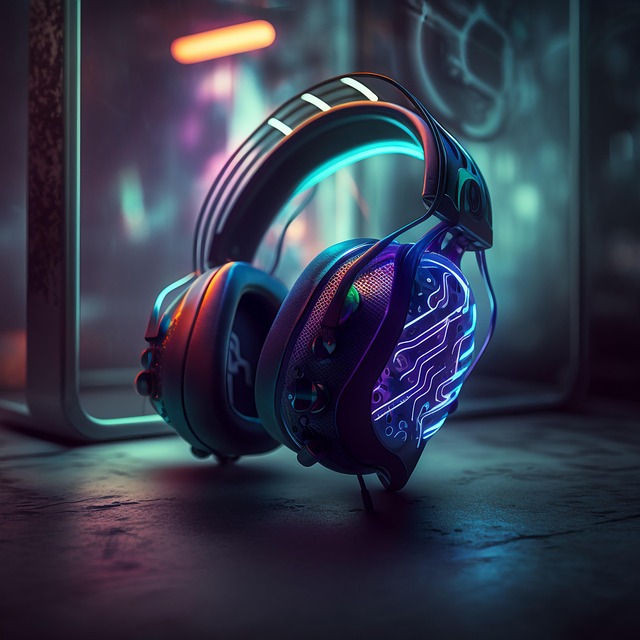AI musicians are revolutionizing the music industry by leveraging advanced algorithms to compose melodies, generate harmonies, and mimic human singing voices accurately, democratizing music creation and fostering collaboration between humans and machines. While this offers numerous advantages such as enhanced productivity and diverse content generation, it raises concerns about artistic authenticity, copyright infringement, and potential displacement of human musicians. AI musicians are breaking down traditional barriers in various genres, from pop to classical and jazz, and are integral to film soundtracks, advertising jingles, and personalized music recommendations, offering endless creative possibilities for artists and listeners worldwide.
“The integration of AI into music creation has sparked a new era of artistic exploration. This article delves into the dynamic world of AI music and its transformative impact on the creative process. We explore the rise of AI musicians as collaborative partners, dissecting their functionality and evolution. From benefits and challenges to real-world applications across genres, we uncover how these artificial collaborators are reshaping the music industry. Additionally, we gaze into the future, envisioning the limitless possibilities that lie ahead with AI musicians at the forefront.”
- The Rise of AI Music: A New Creative Frontier
- Understanding AI Musicians: How They Work and Evolve
- Benefits of Collaborating with AI Musicians
- Challenges and Ethical Considerations in AI-Assisted Music Creation
- Real-World Applications: AI Musicians in Different Genres and Industries
- The Future of Music: Expanding Horizons with AI Musicians
The Rise of AI Music: A New Creative Frontier
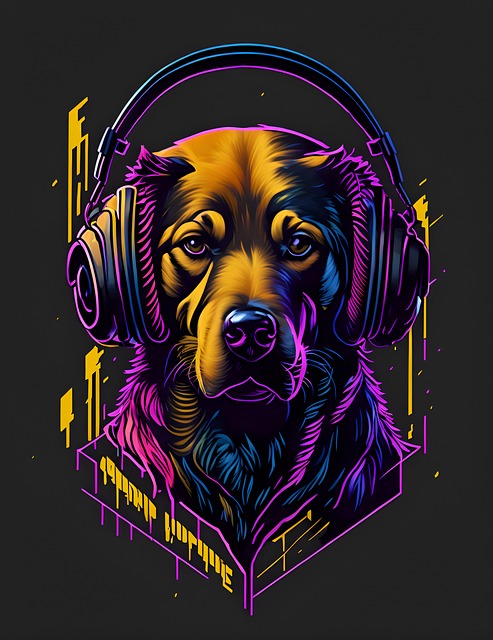
The world of music is experiencing a quiet revolution, as Artificial Intelligence (AI) musicians and AI-generated music are emerging as powerful creative tools. This rise of AI music represents a new frontier in artistic expression, pushing the boundaries of what’s possible in composition, performance, and collaboration. With advancements in machine learning algorithms, AI musicians can now compose melodies, generate harmonies, and even mimic human singing voices with remarkable accuracy.
AI-powered music production offers both opportunities and challenges. On one hand, it democratizes music creation, allowing non-musicians to craft their musical visions. It also fosters collaboration between humans and machines, where AI assists musicians in exploring new sonic landscapes. However, concerns about artistic authenticity and the potential devaluation of human creativity linger. As AI music becomes more prevalent, striking a balance between innovation and preserving the unique contributions of human artists will be key.
Understanding AI Musicians: How They Work and Evolve

AI musicians are transforming the music industry by creating and performing melodies, harmonies, and rhythms using advanced algorithms and machine learning models. Unlike traditional musicians who rely on years of training and human creativity, AI musicians operate based on vast datasets of musical patterns, styles, and compositions. They learn from these data to generate new content that can range from simple beats to complex symphonies.
These AI systems evolve continuously as they gather more data and refine their algorithms. Each interaction with users, feedback loop, and exposure to diverse musical genres contribute to their development. As technology advances, AI musicians are becoming increasingly sophisticated in their ability to mimic human creativity and produce unique, captivating sounds that resonate with audiences worldwide.
Benefits of Collaborating with AI Musicians
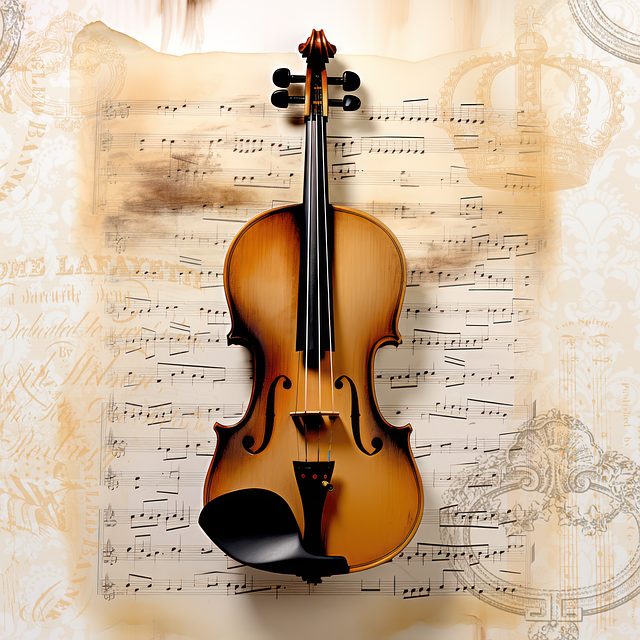
Collaborating with AI musicians brings a fresh and innovative perspective to the creative process, offering numerous advantages for artists and composers. One of the key benefits is the ability to explore uncharted musical territories. AI models can generate unique and diverse compositions, providing a wealth of new ideas and sounds that might not have been possible through traditional methods. This opens up a world of creativity, allowing musicians to experiment and push artistic boundaries.
Additionally, these collaborative partnerships enhance productivity. AI musicians can assist in composing, arranging, and even mixing music, speeding up the production process. They can adapt to various musical styles and genres, ensuring artists can create their desired sound efficiently. With AI as a creative partner, musicians can focus on refining their work, adding personal touches, and making artistic decisions, ultimately leading to more high-quality and diverse musical content.
Challenges and Ethical Considerations in AI-Assisted Music Creation
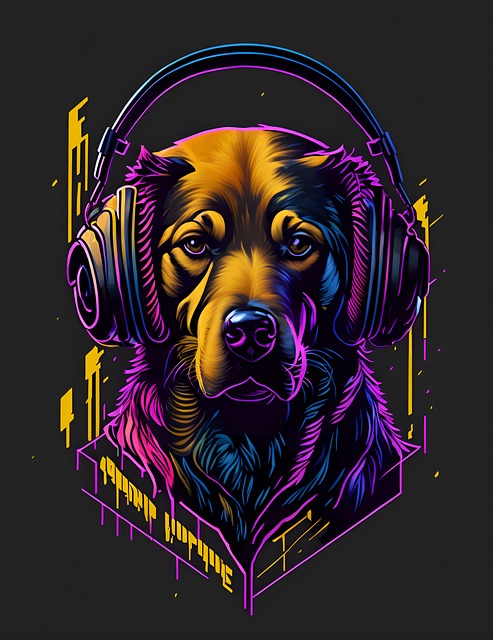
The rise of AI musicians and music creation tools presents an exciting new frontier in the arts, but it’s not without its challenges and ethical dilemmas. One significant concern is the potential for copyright infringement and plagiarism. As AI models learn from existing musical works, there’s a risk that they could reproduce or mimic specific styles, melodies, or compositions too closely, blurring the lines between inspiration and direct copy. This raises questions about ownership, especially when AI-generated music becomes popular.
Additionally, ensuring transparency and accountability is crucial. When an ai musician creates a piece, it can be difficult to determine the extent of human versus machine involvement. Artists and listeners alike deserve to know the creative process behind a work, especially if it’s being marketed as entirely AI-composed. Ethical considerations also extend to the potential displacement of human musicians and composers, as AI tools might simplify or automate parts of the music industry, impacting livelihoods and creative opportunities for professionals.
Real-World Applications: AI Musicians in Different Genres and Industries
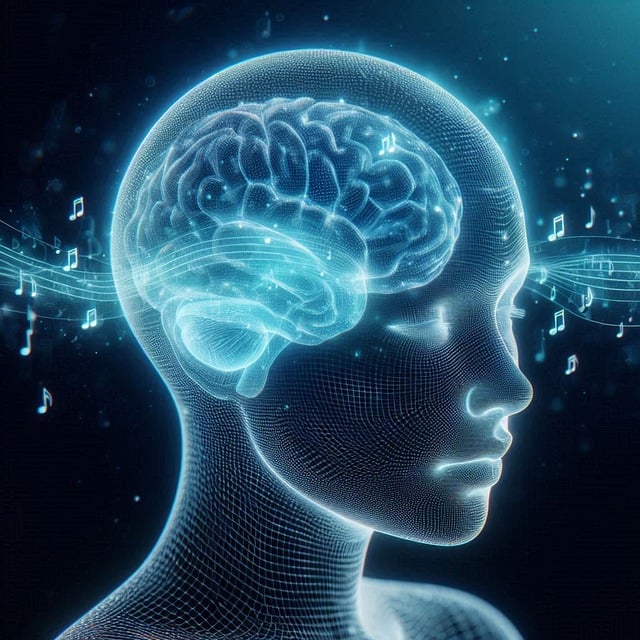
AI musicians are transforming the music industry by offering diverse opportunities in various genres and sectors. From composing complex melodies to performing in virtual concerts, these intelligent systems are breaking down creative barriers. In the pop realm, AI algorithms have assisted in crafting catchy beats and generating lyrics, sometimes even collaborating with human artists to produce chart-topping hits. In classical music, they’re helping composers explore new sonic territories, while in jazz, AI musicians can improvise, mimicking the style of legendary players.
Beyond music creation, AI musicians are making waves in film and video game soundtracks, generating immersive experiences for audiences. Their versatility extends to advertising, where they create unique jingles and background scores. Moreover, these virtual artists can adapt to different cultural tastes, enabling personalized music recommendations and localizing content for global markets. This diverse real-world application showcases the immense potential of AI musicians in shaping the future of music production and entertainment.
The Future of Music: Expanding Horizons with AI Musicians
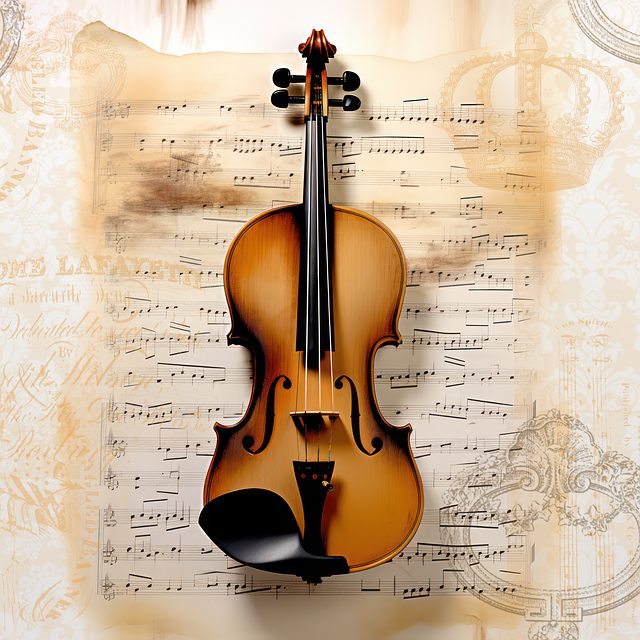
The future of music is here, and it’s powered by artificial intelligence (AI). As AI musicians continue to evolve, they’re pushing the boundaries of what’s possible in the creative realm. These innovative tools can compose, collaborate, and even perform music autonomously, offering endless possibilities for both artists and listeners. With AI, we’re witnessing a new era where music production is no longer confined to human limitations.
AI musicians are revolutionizing the industry by enhancing creativity and efficiency. They can generate unique melodies, harmonies, and rhythms in seconds, providing a rich palette for composers and producers. Moreover, their ability to learn and adapt from various musical styles enables them to create diverse and captivating compositions. This technology promises to democratize music production, allowing aspiring artists to bring their visions to life without extensive training or resources.
As we’ve explored, AI musicians represent a groundbreaking evolution in creative expression. They offer unprecedented opportunities for collaboration, innovation, and artistic exploration. While challenges and ethical considerations remain, the benefits of integrating AI into music creation are undeniable. Looking ahead, the future of music promises to be even more dynamic and diverse with AI musicians playing a pivotal role across various genres and industries.
